
Eight graduate students from three Faculties at York University are recipients of Philippine Studies Group funding for research, fieldwork and language acquisition.
“These students collectively received $32,000 in funding in support of their work. Their groundbreaking projects promise to make an important contribution to the field of Philippine studies,” said Ethel Tungohan, associate professor of politics and Canada Research Chair in Canadian Migration Policy, Impacts and Activism.
Tungohan is a member of the Philippine Studies Group (PSG) at the York Centre for Asian Research (YCAR), which brings together faculty and students with an interest in the Philippines, Filipinx migration and diaspora, as well as Philippine studies. PSG’s activities throughout 2023, including this latest round of student funding, are made possible by the support of the Philippine Consulate General in Toronto.
Recently, the PSG awarded $25,000 for fieldwork in the Philippines and the diaspora to six students in geography, politics and music.
“It is very exciting to read about York University students’ projects, which range from in-depth fieldwork examining the gendered dimensions of the Mindanao peace process to intensive language study and cultural immersion in the Philippines,” Tungohan added.
The Philippine Studies Group awardees are:
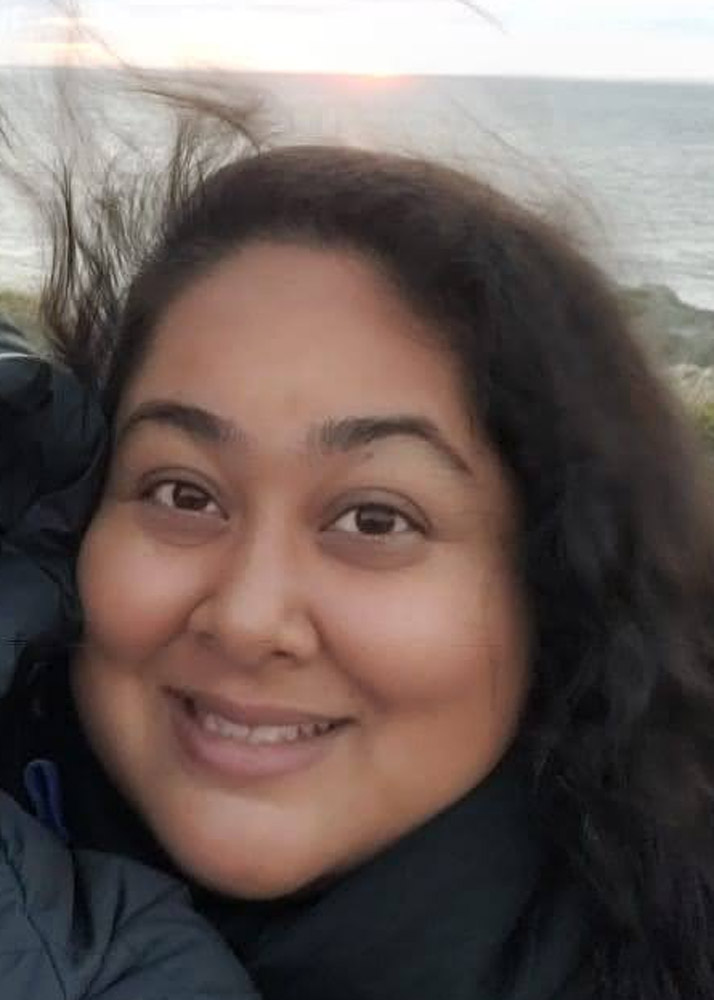
Myla Chawla, a doctoral candidate in political science whose research examines women’s roles and experiences during the Moro conflict and Mindanao peace process in the Philippines. The project seeks to not only make visible the work women have performed during conflict and peace times, but to further unpack how diverse perspectives from Moro, Indigenous and Christian communities have shaped their experiences and visions of peace.
“My time conducting in-person fieldwork in the Philippines has elevated the project with a richer data sample. I have had the ability to speak to both local and professional women on the ground and have been able to witness women’s work in action. Additionally, I have taken part in events pertaining to peacebuilding efforts in Mindanao led by government agencies, NGOs and local women led grassroots movements,” said Chawla.
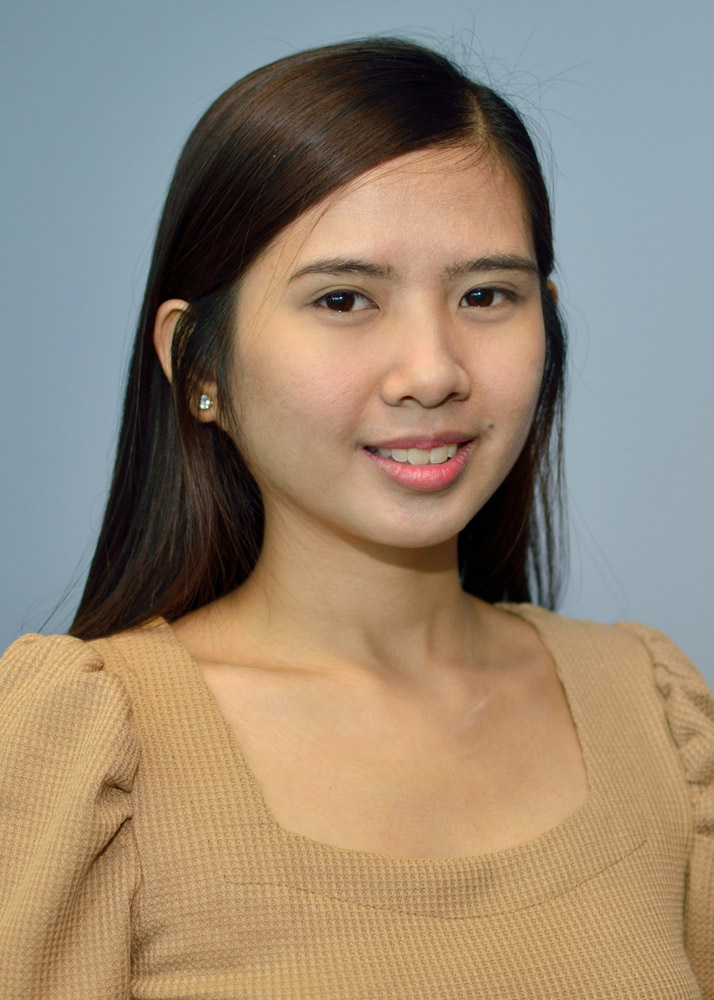
Ria Jhoanna Ducusin’s project, informed by a political economy of local urbanization and feminist political ecology scholarship, examines how urban flooding results from political decisions, economic interests and power relations; and the ways in which intersectional axes of gender and class shape differential impacts of flood disasters.
“My goal is to strengthen the understanding of the causes, mitigation and experiences of flood disasters in rapidly urbanizing and industrializing coastal cities,” she said.
Ducusin is a second-year doctoral student in geography and a graduate associate with YCAR. Before joining York, Ducusin worked as a science research specialist on climate-smart agriculture and mining impact assessment projects at the University of the Philippines Los Banos (UPLB), and as a lecturer at the Department of Forestry and Environmental Science at Cavite State University.
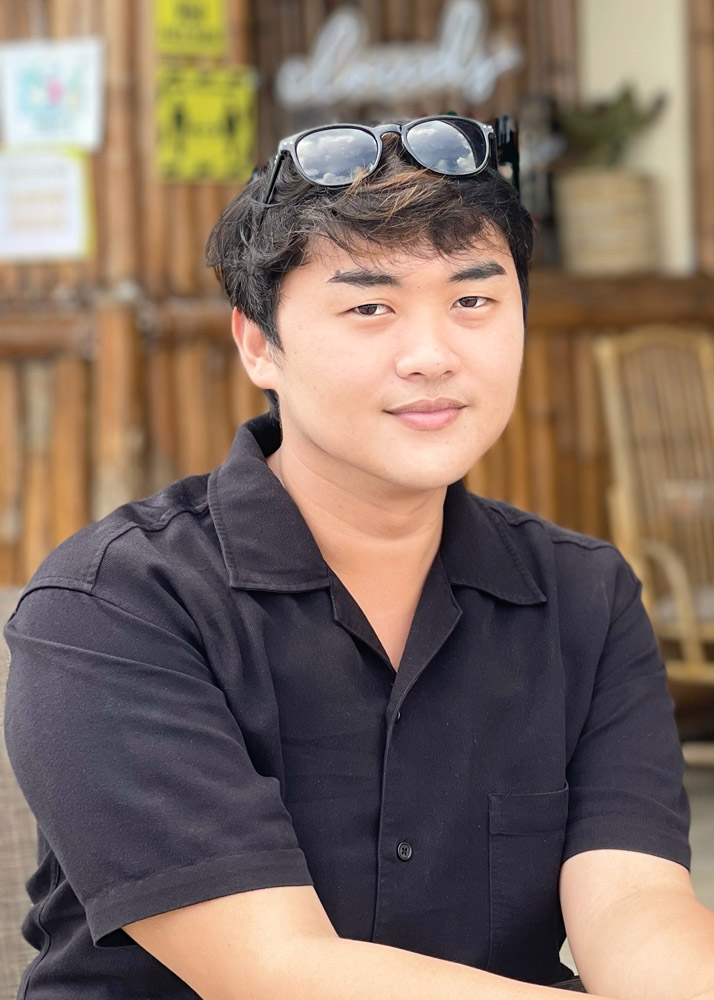
Romeo Joe Quintero is a doctoral student in human geography. He holds a master’s degree in women’s and gender studies from Carleton University and an honours bachelor of social science in international development and globalization from the University of Ottawa.
His research interests lie around questions of protracted situations of forced displacement and placemaking practices among internally displaced persons in the Philippines. In particular, Quintero will examine the economic and livelihood practices of communities in Mindanao that have been displaced to settlement sties in urban areas by the legacy of violence in the region.
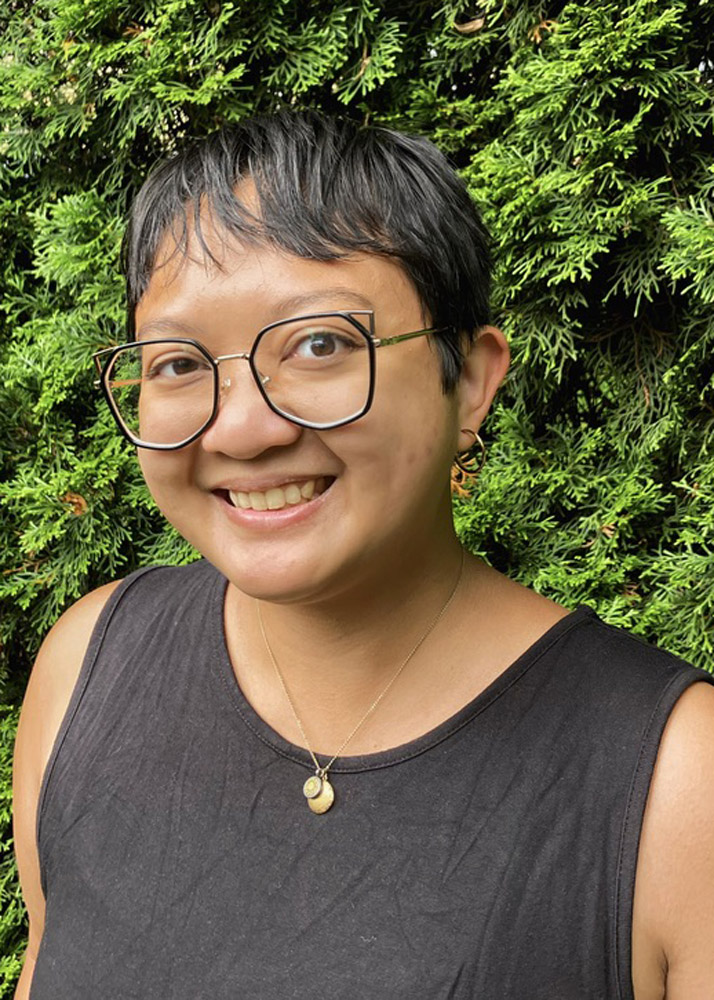
Dani Magsumbol is a doctoral candidate in the Department of Politics. Her research is an examination of the political economy of emotions, and the affective relationships of citizenship and nationalism; her dissertation focuses this analysis on the multigenerational experiences in families of the Filipino labour diaspora in Canada.
“In my project, I seek to examine not only the immediate effects that being an overseas Filipino worker has on the individual, but also the long-term after effects of how employment and residence outside of national borders alters the experience of citizenship and national membership for members of the Filipino labour diaspora.”
Magsumbol says that fieldwork is vital to this research endeavour. In seeking out Filipino immigrants and members of their family in order to interview them about their individual and familial migration stories, the research actively foregrounds the voices and stories of the migrants who have experienced the disorientation and reorientation of migration and settlement. To this end, she will be collecting data in the form of interviews and focus groups in areas in Canada where Filipinos have chosen to settle in large numbers, such as Toronto, Winnipeg and Vancouver, as well as lower density provinces such as Saskatchewan and Nova Scotia.
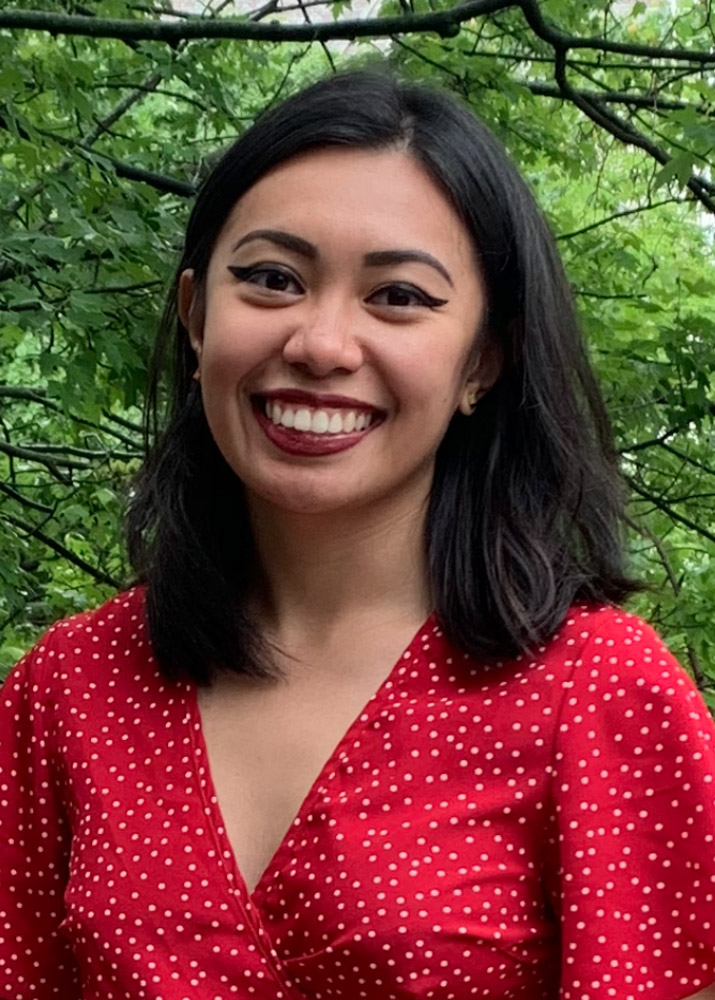
Nikki Mary Pagaling’s research examines the labour market transitions that Filipina women make after completing Canada’s temporary foreign caregiver programs.
“I will deploy an intersectional feminist framework to investigate the extent to which immigration to Canada through a temporary foreign caregiver program shapes Filipina women’s entry into the personal support worker labour force in Toronto,” says Pagaling, who is a master’s candidate in geography.
Antoniel Roca is researching the impact of Filipino-North American diasporic identity on the thought and composition processes of musicians in the Manila metropolitan area. “As a Filipino immigrant, I believe in the importance of the study of diaspora,” he said.
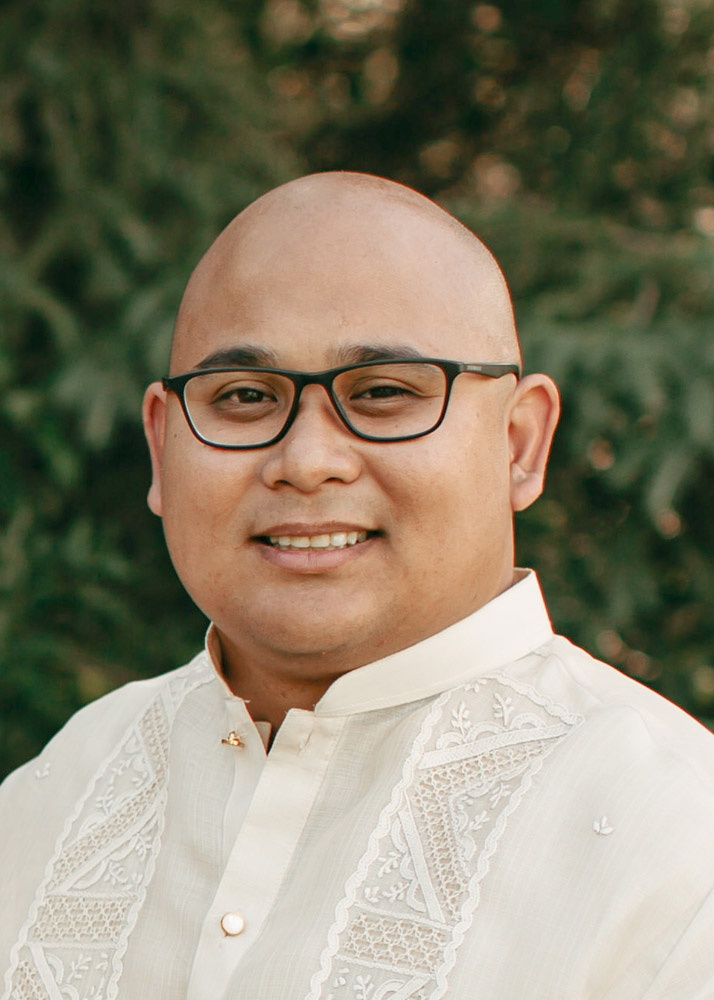
A doctoral candidate in ethnomusicology, Roca’s previous fieldwork in the Philippines touched on the music genre kundiman, and the ways in which it was utilized as propaganda during both the Spanish Filipino and American Filipino revolutions. This provided the historical background needed for his primary thesis.
Roca was also a member of Associate Professor Patrick Alcedo’s dance exhibition as part of Toronto’s inter-university CRAM festival. He has worked in many music disciplines, including classical and gospel choral ensembles, Filipino rondalla and angklung groups, as well as jazz/alternative bands.
Kad Marino and Geneviève Minville each received a language subsidy grant to further their Tagalog studies.
“Language training is an essential part of long-term, field-based and people-oriented fieldwork. The Philippine Studies Group was therefore pleased to provide support for students who are committing themselves to learning the Filipino language and/or regional dialects in the country,” says Professor Philip Kelly, who served on the award adjudicating committee.
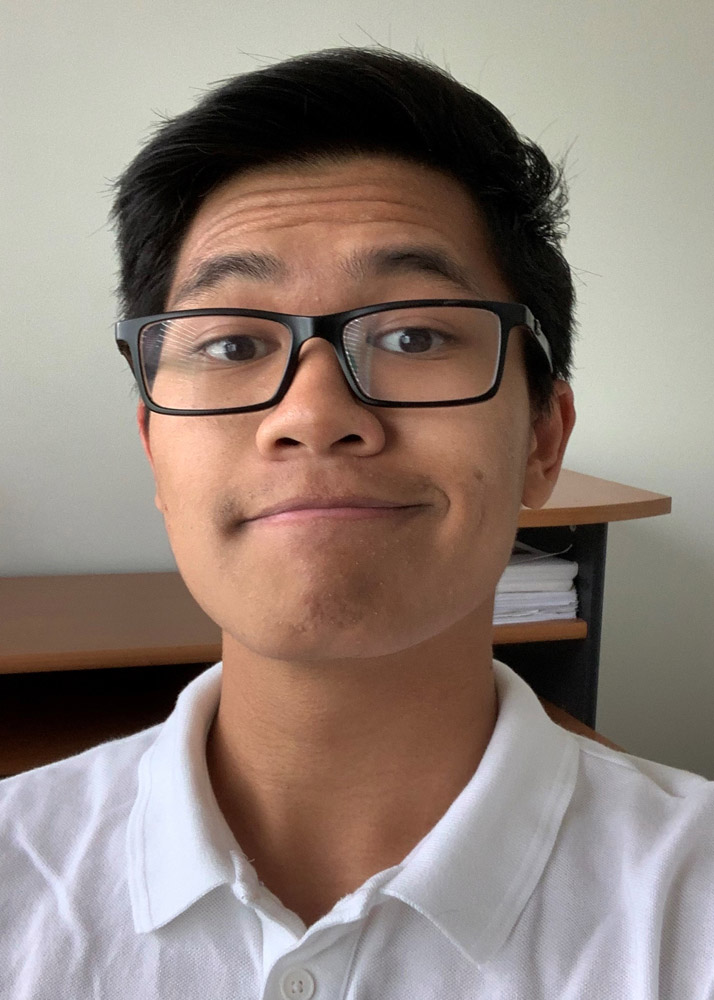
Mariano, a doctoral student in political science, believes that learning Tagalog is an important step towards his doctoral research goals. “Working with the Filipinx community requires one to navigate the multiple worlds that Filipinx migrants regularly traverse and intersect,” says Mariano.
He adds: “An integral part of this research is interviewing and communicating effectively with members of the Filipinx community. Learning and employing Tagalog will grant access to experiential and community knowledge regarding Filipinx migrants’ perceptions of reconciliation, understandings of colonial relations in the Philippines and Canada, and (non)mobilizations of memory.”
Mariano intends to focus on the Filipinx diaspora and its role in the memory dynamics of reconciliation, assessing migrants’ perceptions of and participation in reconciliation, such as cross-cultural coalition building.
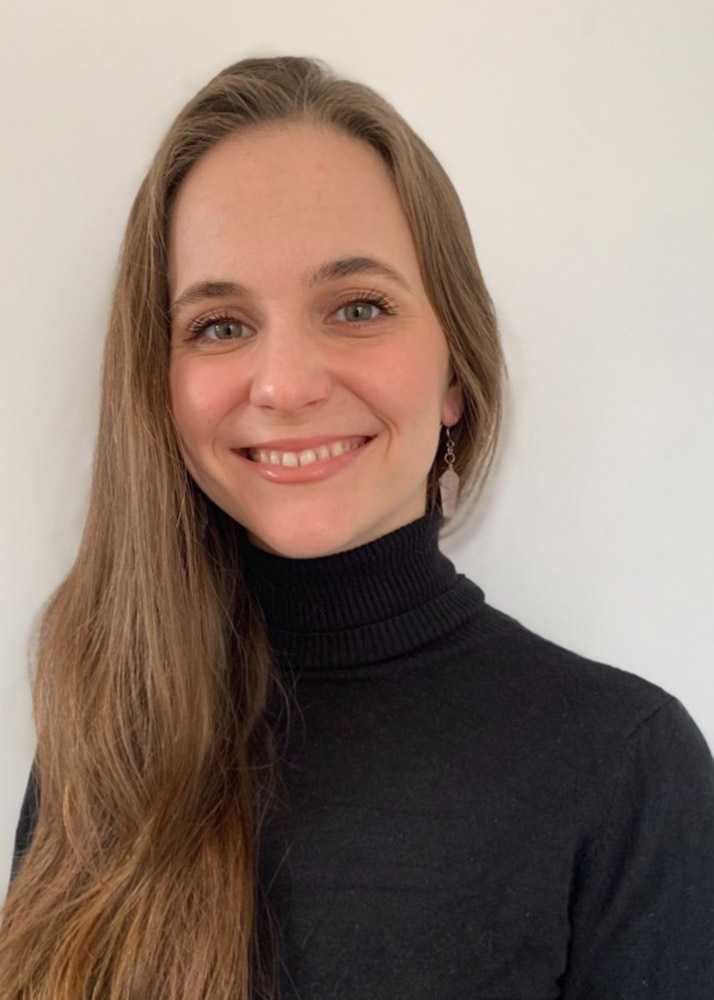
Minville’s research in the Philippines will benefit from the language skills that she will gain this summer, thanks to the language subsidy.
“Having language knowledge is essential for me to connect with my research participants and the communities as well as to give me more confidence to undertake my fieldwork in 2024,” she explained.
A doctoral student in critical human geography, she intends to adopt a participatory approach with communities and engage with local experts and NGOs around issues of forced displacement related to disasters and climate change.
